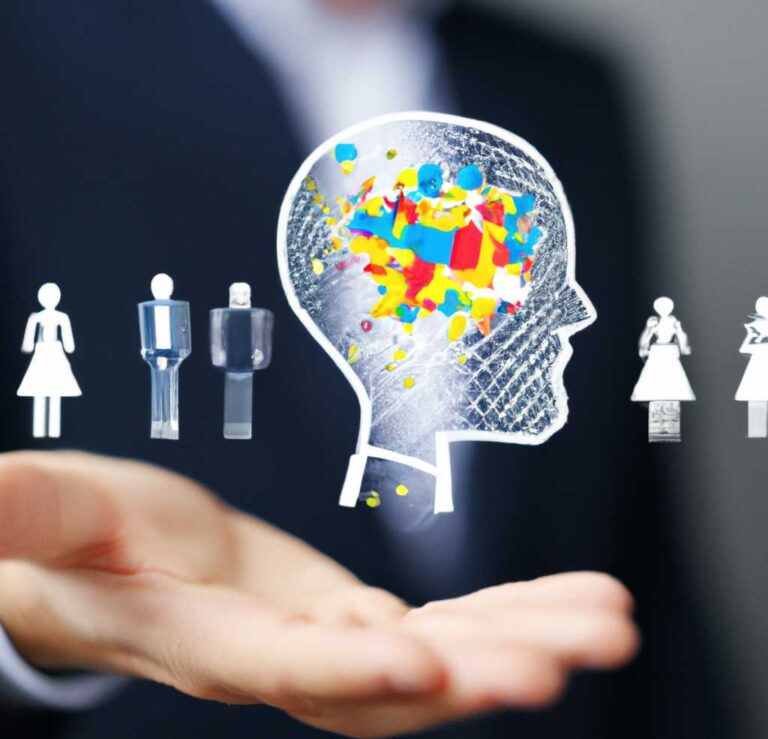Some Legal implications surrounding the use of Artificial Intelligence in Kenya (and possible solutions)
The use of Artificial Intelligence (AI) has led to advancements in several industries, the legal industry included. AI has proved efficient in automating processes and enhancing decision-making processes.
Although the use of AI has improved efficiency in various aspects, it also raises several legal questions that need to be addressed. In this article, we will discuss some of the legal implications surrounding the use of AI and the need for regulatory frameworks to ensure its safe and ethical use.
Copyright infringement/ownership
One of the key concerns is whether AI generated work is copyrightable. The Copyright Act, 2001 (the Copyright Act) does not address the issue of copyright ownership by AI systems. The Copyright Act only recognizes natural persons as authors of artistic work, whether or not the person created the work in question using a computer program.
Another key concern relates to the potential infringement on existing copyright works. In such scenarios, it would be difficult to ascertain or prove whether the AI system was programmed to create works similar to copyrighted work or it came up with the idea on its own. This means that the intellectual property rights of various authors may be threatened.
Possible solution
From the foregoing, there is need for review or amendment of legislation to cater for copyrightable works by AI systems. Ideally, stakeholders should establish a legal framework that recognizes the contribution of both AI systems and human creators in the creation of copyrightable work.
There is also need to establish express guidelines on the use of AI systems in creative works. These guidelines should clarify the extent to which creators can use AI systems, what amounts to infringement, and how to avoid infringing on other creators’ rights.
Trademark infringement
The Trademarks Act, CAP 506 does not provide for registration of AI systems as proprietors of marks. Likewise, it does not address the issue of trademark infringement by AI systems.
Trademark infringement occurs when an individual uses a mark identical to a registered trademark in a way likely to cause confusion, deception, or mistake among consumers regarding the source or origin of goods or services.
AI systems have the potential to generate trademarks that are similar or identical to existing trademarks. This may result in confusion among consumers, which amounts to trademark infringement. This raises issue that arises is the question of legal liability in cases of trademark infringement by AI systems.
Possible solution
There is a need for trademark owners to closely monitor and enforce their trademark rights. This is essential, especially for individuals whose businesses are mostly online because AI generated trademarks tend to be more prevalent in online marketplaces.
On the issue of liability in cases of trademark infringement by AI systems, stakeholders ought to come up with a legal framework that clarifies liability of parties in the creation or use of AI-generated trademarks.
Data Privacy
AI systems require large amounts of data to learn and improve. This data is collected from various online platforms including social media platforms. This collection of data raises concerns on user privacy as most people are unaware that their data is being collected, stored, and how AI systems use this collected data.
The Data Protection Act, 2019 does not address the issue of collection and processing of data by AI systems. Additionally, there are no guidelines on use of personal data by developers during the training of their algorithms.
Possible solution
The recently enacted Data Protection Act, 2019 does not conclusively deal with transparency and accountability with the use of AI in terms of data collection, storage, and use. Therefore, there is need for regulations that establish clear guidelines on the same. The guidelines should also mandate AI developers to incorporate privacy protections in AI systems.
Individuals should also take steps to safeguard their data and protect their privacy. There are several online privacy tools that can be used specifically to ensure protection of private data.
Next Steps
In summary, there is need for AI developers and lawmakers to work together and come up with possible solutions that balance the benefits of AI technology with protection of intellectual property rights and data protection. It is crucial that the law keeps up with technological advances surrounding AI.
If you have any queries relating to the above, please do not hesitate to contact Dennis Muhindi.
Please note that this e-alert is meant for general information only and should not be relied upon without seeking specific subject matter legal advice.
By: Dennis Muhindi and Tracy Simiyu.







